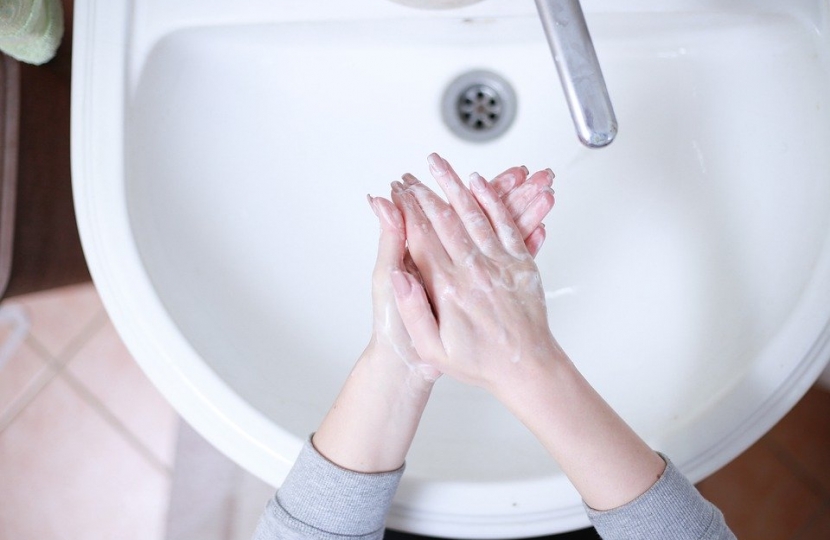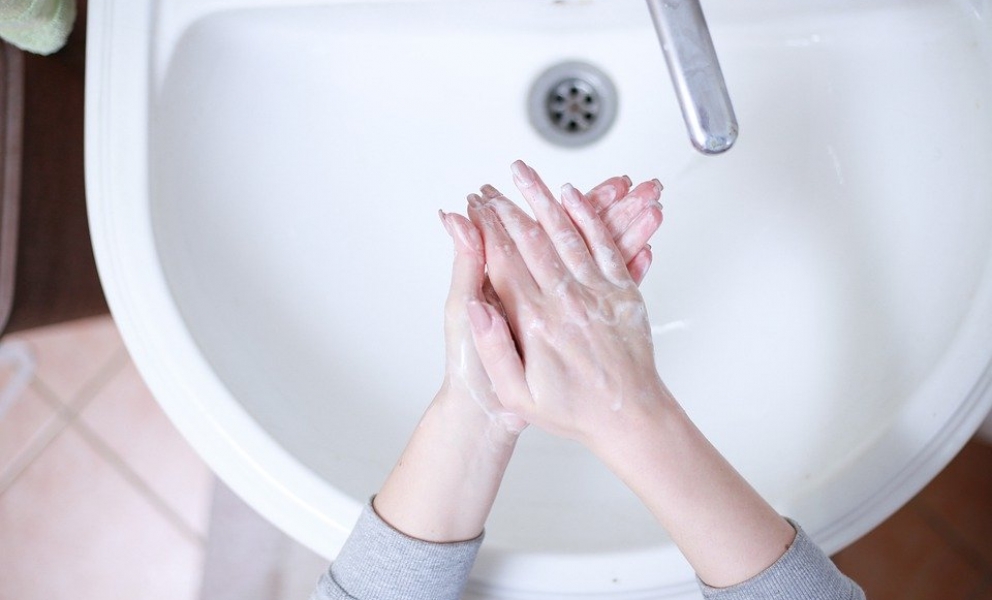
A number of my constituents have understandably expressed concern about the risk posed by the spread of novel coronavirus (COVID-19) in the UK. The Government is closely monitoring this situation, and frequent updates on COVID-19 will be provided as the situation unfolds. For the moment, individuals are advised to practice preventative measures in the form of careful, regular handwashing, the use of hand sanitisers, and hygienic use of tissues. If you develop a high temperature or a continuous cough you should stay at home for at least seven days.
Government Response
The Secretary of State for Health and Social Care, Matt Hancock, has issued a statement which details the Government’s action plan regarding COVID-19.
The UK is currently in the Delay phase of the plan. This means that in the coming weeks, further social distancing measures will be introduced for older and vulnerable people, who will be asked to self-isolate regardless of symptoms.
To reiterate, the most important everyday advice for protection and prevention remains the proper use and disposal of tissues, and an emphasis on frequent and thorough handwashing. The Government’s action plan is available in full here:
https://www.gov.uk/government/publications/coronavirus-action-plan
Transmission
The risk of human-to-human transmission of COVID-19 can be minimised by the isolation of individuals who may have the virus. You may be advised to self-isolate if:
- You are waiting for a COVID-19 test result.
- You are a returning traveller from an affected country or area.
- You have developed a high temperature or a new, continuous cough, regardless of your travel history.
Self-isolation means that you must:
- Stay at home.
- Avoid going to work, school or public areas.
- Avoid using public transport.
- Avoid having visitors - if possible have friends, family members or delivery services carry out errands for you.
Symptoms & Treatment
The early symptoms of COVID-19 include a temperature which meets or exceeds 37.8 degrees, and a continuous cough. If you experience either of these symptoms, you should immediately self-isolate for at least seven days. You do not need to call NHS 111 to go into self-isolation. If your symptoms worsen during home isolation, or are no better after seven days, contact NHS 111 online at 111.nhs.uk. If you have no internet access, you should call NHS 111. For a medical emergency dial 999.
Do not attend your GP surgery, or go to hospital, if you believe you may have contracted COVID-19. There is no specific treatment for COVID-19 - instead you should continue to undertake supportive care including basic hand hygiene (washing your hands thoroughly with soap and water), and respiratory hygiene (sneezing and coughing into your elbow, disposing of used tissues).
Further useful information regarding coronavirus can be obtained via consultation of the NHS website, with a dedicated page here:
https://www.nhs.uk/conditions/coronavirus-covid-19/


